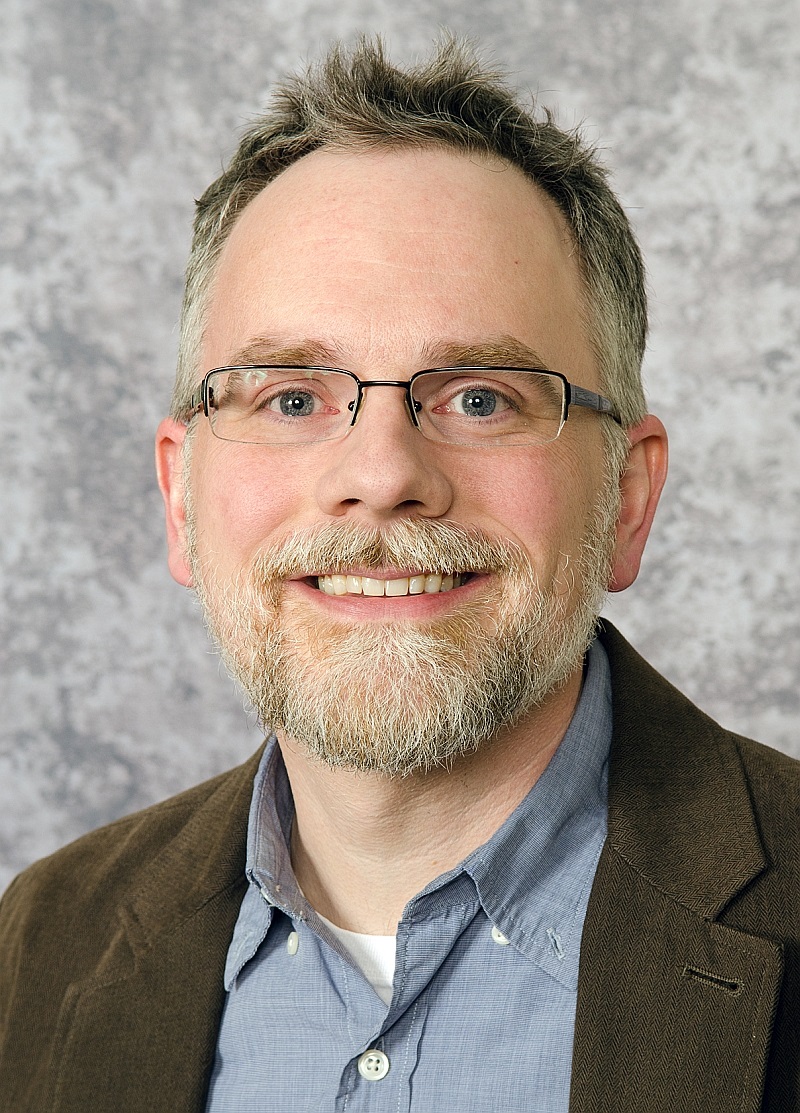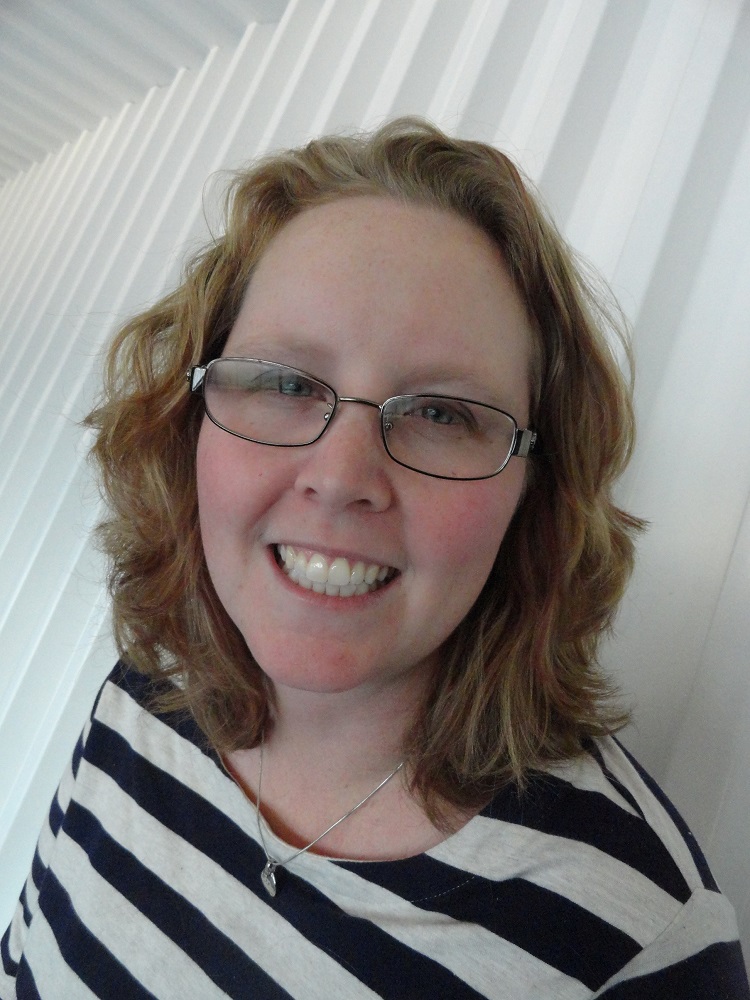Vice President
Erik Moore
Daardi Sizemore
Erik Moore
 Employment Employment
University Archivist and Co-director, University Digital Conservancy, University of Minnesota Archives, 2012-present; Assistant University Archivist and Lead Archivist for the Health Sciences, University of Minnesota Archives; 2010-2011; Project Archivist, Academic Health Center, University of Minnesota, 2006-2010; Digital Program Associate, Immigration History Research Center, University of Minnesota, 2002-2006
Education
M.L.I.S., Dominican University, 2005; M.A. Historical Studies, Southern Illinois University Edwardsville, 1999; B.A. Russian Studies, Gustavus Adolphus College, 1995
Professional Activities
MAC: Member since 2006; Council, 2013-2016; Nominating Committee, 2011; Local Arrangements Committee, 2011; Marketing Tools Task Force, 2010-2012; Webmaster, 2008-2012; Program Committee, 2008
SAA: Member since 2004; Electronic Records Section Steering Committee, 2013-2016; Membership Committee, 2012-2015; Chair, Research Libraries Roundtable, 2011-2013; Key Contact, 2007-2012; Program Student Subcommittee, 2007
Other: Twin Cities Archives Round Table (TCART): Member since 2005; President, 2006-2010; Webmaster, 2005-2010
The Vice President plays a central role organizing and working with the committees that plan MAC’s professional conferences. What prepares you for this position? How do you propose to keep MAC’s professional meetings valuable to attendees while still keeping the price manageable for both MAC and its members? What would you change about the meetings, and what would you keep the same?
I am honored to be a candidate for MAC’s vice president. My past professional leadership positions in MAC as a Council member, past Program Committee participation, and my four years managing meeting information on the MAC website, as well as my experiences in local and national organizations, will assist me in understanding the long-term planning and operational activities needed for the position.
MAC’s meetings are at the heart of this organization. The newly drafted Strategic Plan for 2016-2020 recognizes both the meaningful role the meetings have in the professional development of our members as well as the financial significance the meetings have to the fiscal health of the organization. Meetings must remain accessible and member-driven in order to maintain and cultivate the community they create. Meetings are the gateway for new professionals to attend, present, and participate. We can encourage this participation through further development of the MAC Pals program and the Graduate Student and New Professional Poster Sessions. Likewise, longtime members should approach the meetings as an opportunity to challenge themselves and others in our profession. Our meeting environments should actively include the diversity within our profession and within the communities we work as part of our planning and programming. Meetings must also support our efforts as an organization in maintaining our financial outlook. It is necessary to balance location and affordability with the demands of producing a well-attended, professional conference. To do so we must work closely with our contract services both in terms of finding appropriately priced and situated venues as well as maximizing their services for MAC meetings through our contract expectations.
Finally, we mark ten years of annual Symposia in 2016. As called for in the Strategic Plan, we need to evaluate what has worked, what hasn’t, and what the future will be going forward. We must never be complacent with past activities determining our future decisions. As an organization, MAC has seen dramatic changes in the past ten years in terms of membership, online spaces, and education. Our meetings should embrace and benefit from these opportunities.
Daardi Sizemore
 Employment Employment
Archives and Special Collections Librarian, Minnesota State University, Mankato, 1999-present. Department Chair, Library Services, Minnesota State University, Mankato, 2008-2014 (elected position)
Education
M.L.I.S., University of Wisconsin–Milwaukee, 1999; M.A. History, University of Wisconsin–Milwaukee, 1999; B.A. History, University of Wisconsin–Eau Claire, 1997
Professional Activities
MAC: Member, 1999-present; Co-chair Symposium, 2015; Treasurer, 2012-2014; Council Member, 2005-2008; Fall 2003 Program Committee Co-chair; Fall 2002 Program Committee Member
SAA: Member, 1998-present
Other: Academy of Certified Archivists: Member, 2001-present; recertified 2007 and 2012; TCART (Twin Cities Archives RoundTable): Member, 1999-present; President, 2002-2006; MDL (Minnesota Digital Library): Steering Committee, 2001-2008; Annual Meeting, Planning Committee, 2002-present
The Vice President plays a central role organizing and working with the committees that plan MAC’s professional conferences. What prepares you for this position? How do you propose to keep MAC’s professional meetings valuable to attendees while still keeping the price manageable for both MAC and its members? What would you change about the meetings, and what would you keep the same?
I have served MAC in a number of ways that prepare me for the role of MAC vice president. In 2015 I served as co-chair of the Symposium in Minneapolis, where I worked on fund raising and budget management. I have also cochaired and served on Fall Symposium Program Committees over the years. As MAC treasurer I was involved in the budget side of two additional Symposiums and Annual Meetings. I believe that this experience has provided me a good understanding of MAC’s professional meetings and some of the challenges faced by the committees who organize them.
MAC as an organization is committed to providing educational opportunities for its members at a reasonable price. The draft Strategic Plan 2016-2020 that was shared in January 2016 reflects the idea that MAC needs to continue to look at our conferences to make sure we are meeting the educational and professional needs of the members at prices that are affordable. I think it is important for the organization to pursue these goals with the idea that changes are likely to come to the Symposium and Annual Meeting.
In terms of my personal thoughts about what should stay and what should be changed, my thoughts are varied. I like the format of the two conferences but do think we can continue to modify the behind-the-scenes aspects of planning them. As we look at making changes, I would like to review evaluation forms from recent conferences to see what feedback attendees have given. I would also be interested to hear from the membership in general. Communicating to the membership about proposed or actual changes will then be an important part of the process.
Top
|